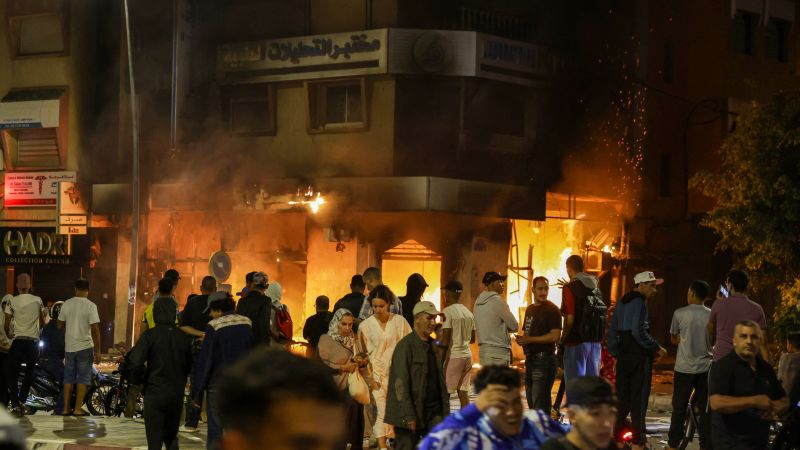From Kathmandu to Lima, youth-led uprisings are driving thousands from their screens to the streets, demanding accountability, change and, in some cases, toppling governments.
These Gen-Z protesters come from disparate backgrounds and have different demands.
But the throughline is clear: Growing inequality and marginalization is destroying young people’s hopes for the future – and the only way forward is to confront a broken social contract head on.
Here’s what you need to know.
A global movement
On consecutive nights this week, cities and towns across Morocco have pulsed with the anger of young people mobilized under the umbrella “GenZ 212” – the country’s international dialing code. Led by mostly students and unemployed graduates, the protesters are demanding sweeping reforms in healthcare, education and social justice – issues they say have been sidelined as the government pours billions into 2030 World Cup infrastructure.
While stadiums and luxury hotels are erected, hospitals remain overcrowded and rural areas underserved. Morocco’s education system, long underfunded, is churning out graduates with few job prospects: Youth unemployment sits at 36% – and nearly 1 in 5 university graduates are out of work.
The recent protests were triggered by the deaths of several pregnant women following routine C-sections in the coastal city of Agadir, spo
Continue Reading on CNN
This preview shows approximately 15% of the article. Read the full story on the publisher's website to support quality journalism.
